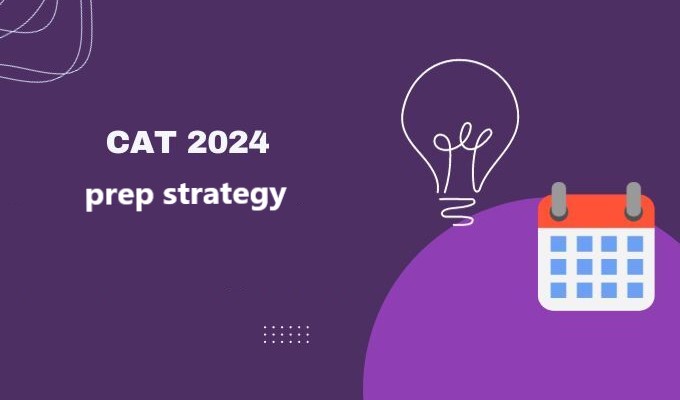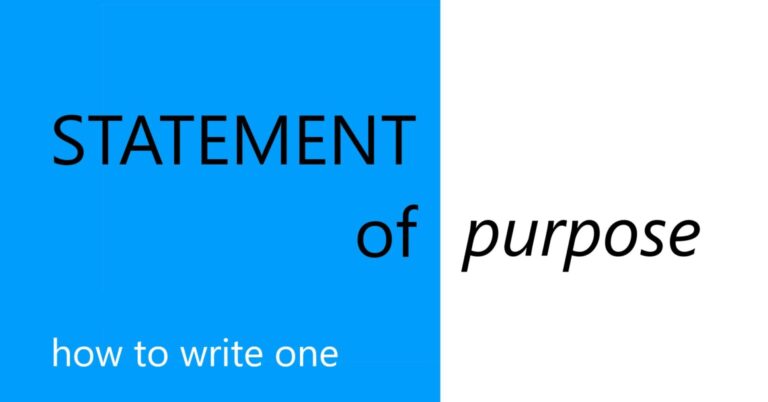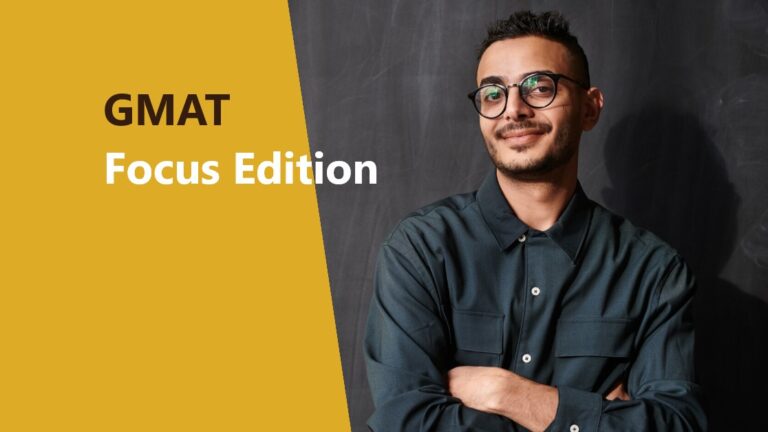Personal Interview for Business School
Personal Interview is a highly subjective assessment. It is conducted to know the candidate first hand and have an opportunity to know about their background, lifestyle, and experiences. This allows the panel to gauge whether the candidate has the ability and skills to deal with the rigors of MBA, and whether he/she can successfully establish himself in the industry post MBA.
Preparation Strategies
You must exhibit high Knowledge Quotient during an interview. Prepare thoroughly on the following lines:
Professional knowledge:
- Under-graduation subjects – especially the ones you majored in (final year subjects)
- Questions related to your work-experience – the business model of the organization you work for, who are the clients, who are the competitors, what’s the future of this company/industry
Knowledge of current affairs:
- Recent national and global news
- Economic & business terms
- Knowledge about one’s home town/city
Knowing yourself:
Answers to questions like:
- Tell me something about yourself – Do not talk about stuff that you have already mentioned in the institute application form. Try to tell an interesting story of your life which will encourage the interviewer to ask further questions
- Who is your role model? Or Who has had the greatest impact on you and why?
- Strengths and weaknesses (shortcomings) –
- Strengths: Do not use clichéd terms like hard-working, dedicated, etc. It is preferred to explain what your strengths are, rather than give single word answers
- Weaknesses: Do not just mention your weakness. Show how you’re working on those, or how you overcame those
- Short-term and long-term goals
- Short-term: This refers to the next 5 years, which includes your 2-year MBA
- Long-term: This refers to after 10 years – focus on the type of role you want to be in rather than the designation
- Greatest achievement and biggest failure
- Greatest asset and biggest regret
- Instances of leadership qualities that you have shown
- How would your supervisor / manager describe you?
- What risks have you taken in your life and what did you learn from them?
- Did you ever get negative feedback, and if so, how did you react?
- What are your passions / hobbies?
- What is the most meaningful thing you have done for anyone else?
- Tell us which project in your work has been a key milestone in your career and why?
- If you could change only one thing about yourself, what would it be and why?
- Why do you want to pursue MBA? Why MBA from this college?
- Why should we select you?
- Give an instance of critical thinking that you have shown
Take lots of mock interviews, preferably with mentors who know the process thoroughly. Interacting with ex-students helps a lot. Nowadays, every college has a team which interacts with the call-getters and provides them with lots of tips about the process followed in their college. Make sure that you interact with the team members and participate in their knowledge sessions.
Interview types
There can be three major types of interviews:
- The Normal Interview – the interview panel (consisting of 2 or 3 members) will interview a single candidate
- Stress Interview – similar to the above, but the interview style would be to check how a candidate responds to stress. The panellists deliberately put the candidates under pressure to see how they perform
- Group Interview – the interview panel will interview a more than one candidate (typically 5 or more) in the same interview. The panel members will ask the candidates to introduce themselves and then throw questions at them in a random order. The idea is to see how the candidates try to stand-out in the crowd (SP Jain institute of Management and Research follows this process)
How to ace an Interview
A few pointers to make sure that you make a lasting impact on the interview panel:
- Greet the panel members (with a smile) as soon as you enter the interview room
- Maintain eye-contact with the panel members. When someone asks a question, start your answer by looking at that person, however, also look at the other panel members from time to time
- Try not to fumble – take your time, think of the response and then answer (unless it is a stress interview, you will get time to think out your response)
- Clarify – in case you do not understand a question, feel free to politely clarify the question
- Own up if you do not know an answer – in case you are asked a question which you do not know the answer to, politely say that you do not remember the answer. However, if you feel that you can logically derive the answer to the same, mention “though you do not exactly remember the answer, you think that the answer would possibly be …”
- Drive the conversation towards your strengths
- Be prepared to be asked to (depending on your hobbies)
- Recite a poem
- Sketch something/someone
- Sing a song
- Be ready with your questions about the institute – often after an interview, the panel may ask if you have some questions. Ask one or two questions only – some pointers:
- Do not ever ask how the interview went!
- Do not ask questions that can easily be searched online
- Do not ask about placements and salaries – these are a strict no!
Instead be ready with some questions about the institute that are worth asking; for example:
- Criteria for selection to international student exchange programs (if the institute has one)
- Experiential learning programs – student projects that help learn through experience
- Specific student clubs aligned with your hobbies
- Specializations offered in the program
Have questions? Call us for a free consultation regarding your career moves – be it undergraduate study abroad programs through SAT or ACT, or MBA in India (CAT), or study abroad programs through GMAT or GRE. Call us: +91 9433063089







